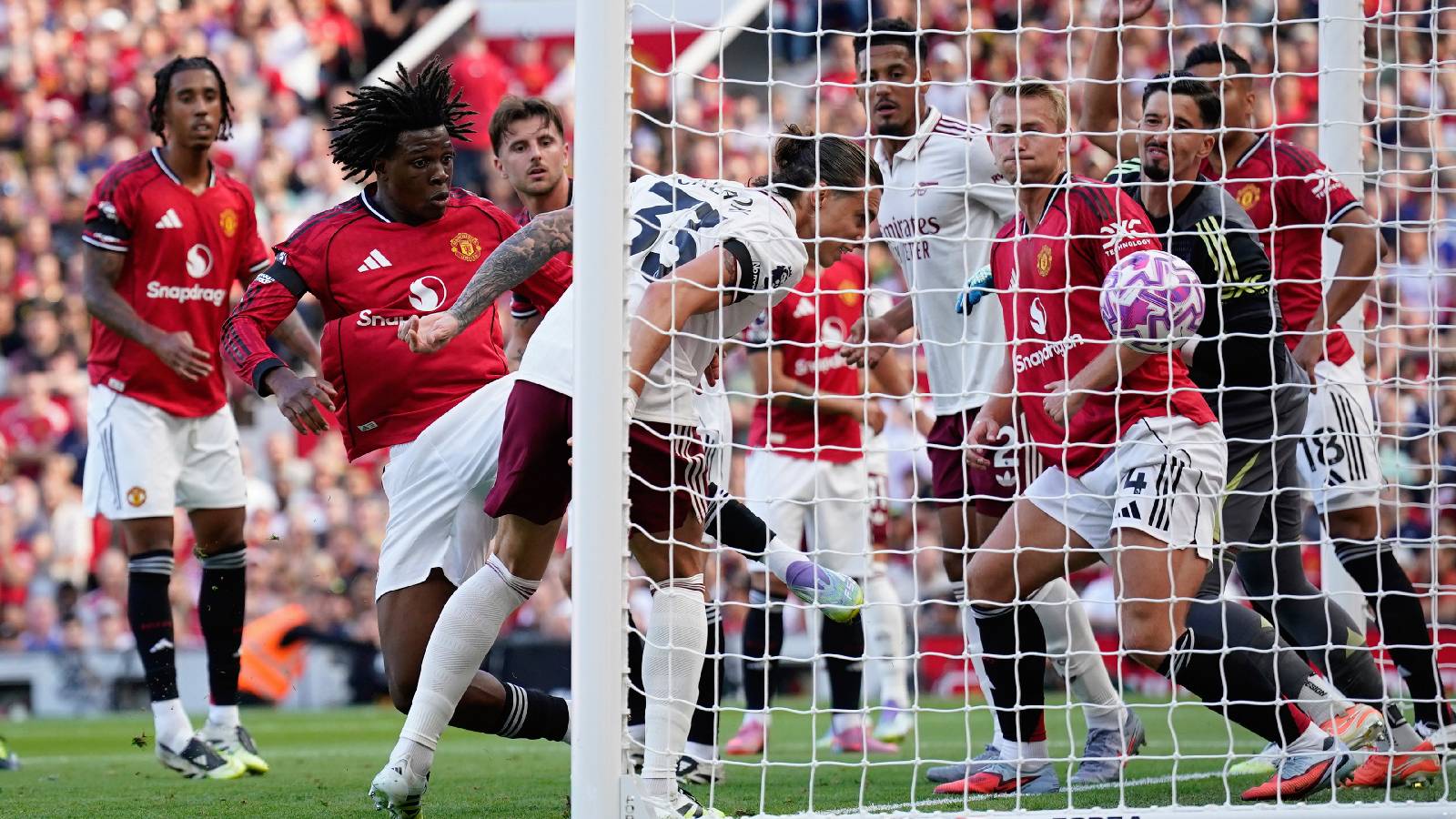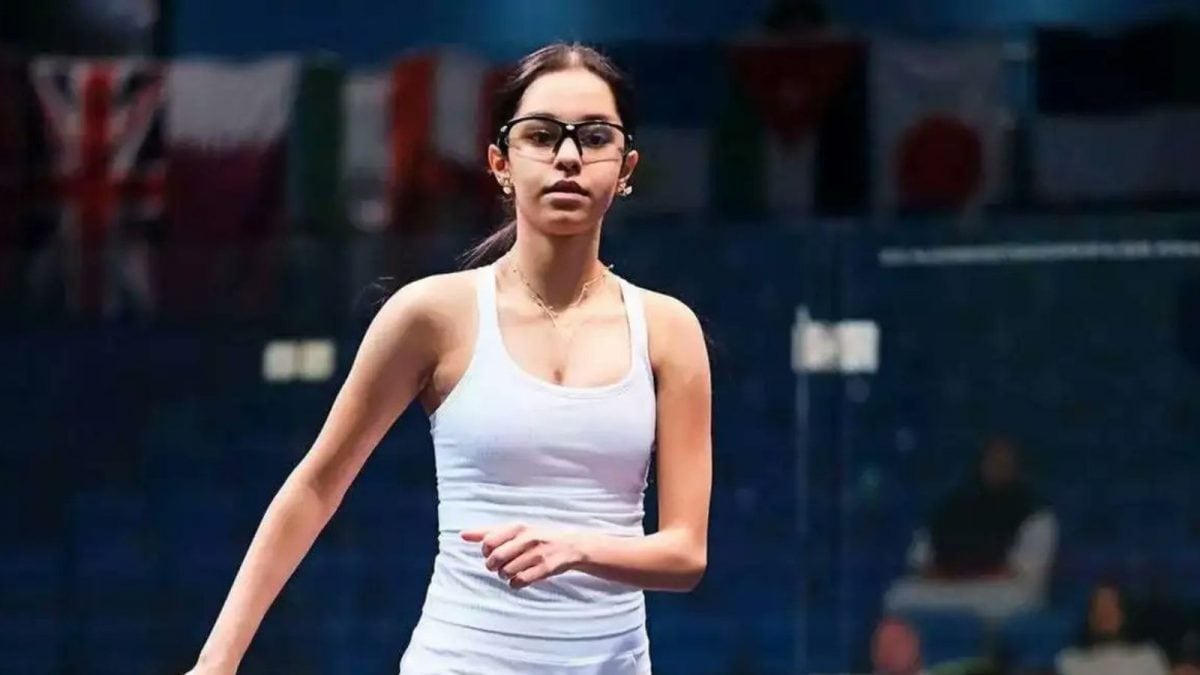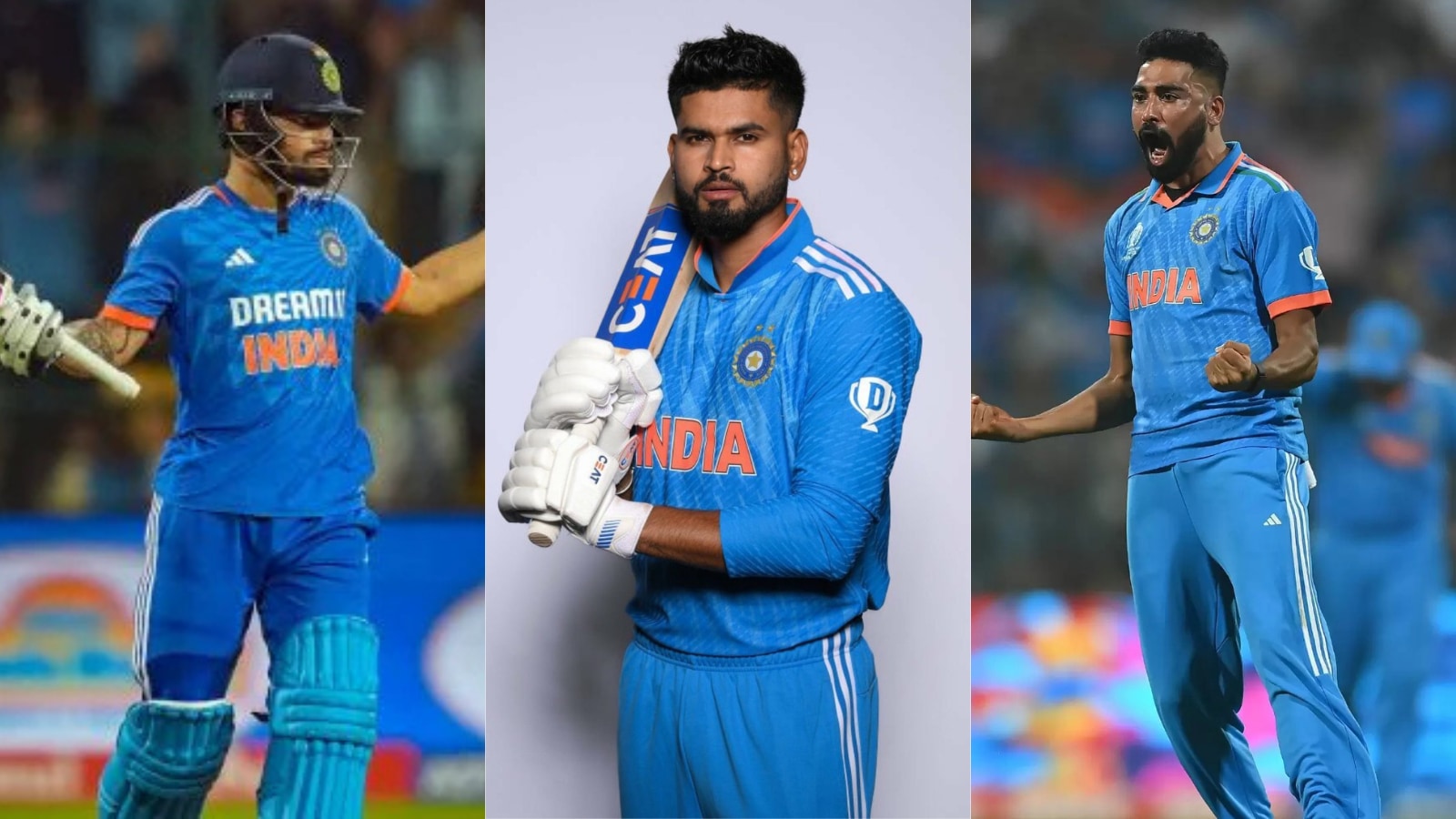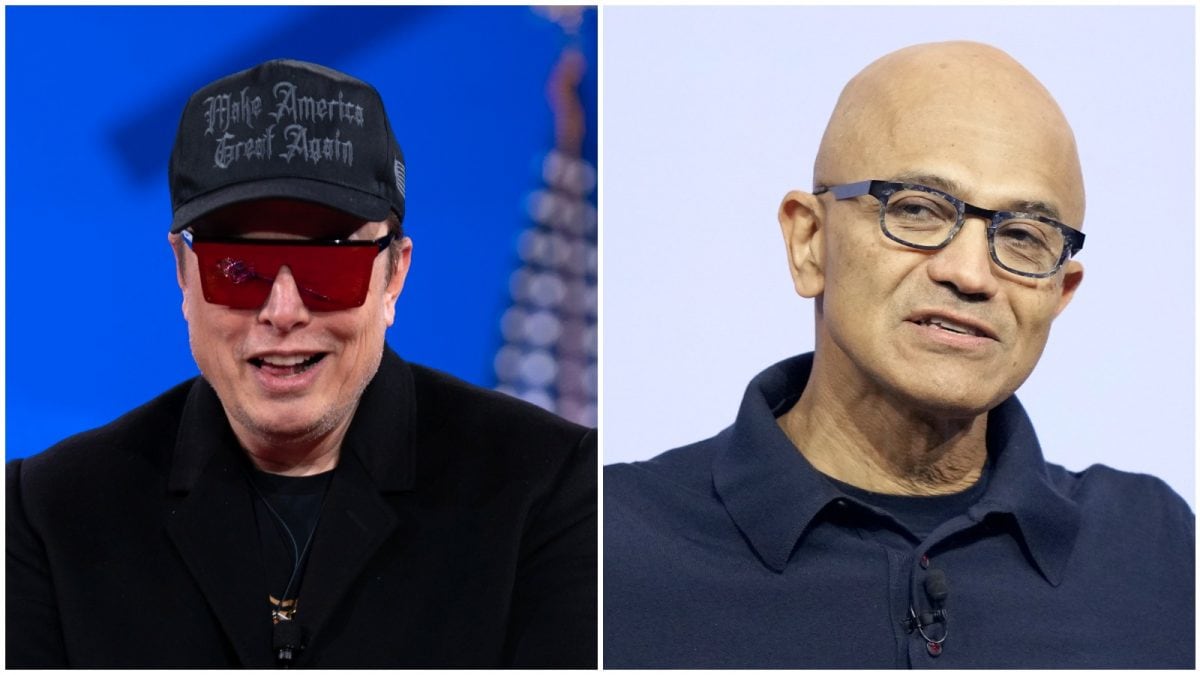ARTICLE AD BOX
Diplomatic engagements. Rigorous anti-doping audits. And a robust analysis of their social media game. As Russia steps up its efforts to end the 10-year international isolation — first because of state-sponsored doping and then, the invasion of Ukraine — top country’s athletics bosses are dotting the i’s and crossing the t’s. And while they internally plan to secure their return, there is an increased attention on ‘public communication in English’ to change perception and address the ‘mistrust on the other side, since there is a painful history.’
Pyotr Fradkov, the chairman of Russian Athletics Federation, said they are in an ‘open and frank discussion’ with World Athletics, sharing ‘information, views and positions on how to get our athletes back’.
“We certainly are working on it with our colleagues from World Athletics, and I think they hear our arguments. Certainly, they have their own evaluation of the situation,” Fradkov said. “We believe that in the proximate future, there may be some decisions to get some of our athletes back, so they’ll be restored in some way. But the most important thing is that we’ve been continuing to fulfill all the regulations since the ban, actually. In all spheres.”
Athletes have not been able to compete for Russia since November 2015 after they were accused of state-sponsored doping, which led to President Vladimir Putin ordering a probe. Their ban was upheld in 2019 after the World Anti-Doping Agency declared the Russian doping-control authority as ‘non-compliant’ for manipulating laboratory data handed over to the investigators.
In March 2023, World Athletics lifted the doping suspension after concluding that the Russian Athletics Federation met the conditions set by a taskforce. However, the country’s athletes remain excluded from the international stage due to Russia’s invasion of Ukraine.
The International Olympic Committee (IOC) allowed Russian athletes to compete as neutrals at the Paris Olympics last year. And at the recent World Championship, Russia’s swimmers — competing as neutrals — won 18 medals to finish fourth on the table. But some sports federations have adopted a tough stance, like World Athletics, which banned all athletes from a country from its competitions. In March, World Athletics president Sebastien Coe said the sanctions will remain in place until a ‘peace agreement is reached.’
Fradkov said he would ‘try not to politicise the whole situation’, but remained hopeful of a solution.
Story continues below this ad
The son of former Russia Prime Minister Mikhail Fradkov and the chairman of state-owned bank, PJSC Promsvyazbank, Fradkov is considered to be a part of Putin’s ‘inner oligarch’ circle, according to Fox News. In November 2024, he received the government’s backing to take over as the head of the athletics federation and soon ‘started sort of communication with World Athletics on one hand, (while) on the other, (there was) plenty of room for improvement inside ourselves.’
“I think that we’re in a really constructive dialogue with our colleagues from World Athletics. The issue of getting back some of the athletes is quite feasible, achievable,” Fradkov said on the sidelines of the Russian National Championships.
 Russian Athletics Federation secretary-general Alexander Djordjadze, chairman Pyotr Fradkov and executive director Boris Yaryshevskiy. (Express Photo)
Russian Athletics Federation secretary-general Alexander Djordjadze, chairman Pyotr Fradkov and executive director Boris Yaryshevskiy. (Express Photo)
Building trust
In interviews with Agence France-Presse earlier this week, former International Olympic Committee marketing executives Michael Payne and Terrence Burns agree that ‘Russia at some stage has to be brought back in from the cold’.
But Burns, talking in the context of the Olympics, warned that the ‘Russians should not expect a speedy return’ and demonstrate to the world that they have taken steps to change. “If Russia wants back in, it’s going to have to show it’s willing to change,” Burns told AFP.
Story continues below this ad
Having delivered the 2018 FIFA World Cup in Russia, as the deputy CEO of the organising committee, Alexander Djordjadze understands the importance of building trust and changing perceptions. Djordjadze was appointed as the new secretary-general of the Russian Athletics Federation in January and insists the new team has started with a clean slate.
“There is no mistrust on our side, neither with us or the public. I understand what you’re saying that there could be mistrust on the other side, since there is a painful history with this federation in particular,” Djordjadze said. “We were not part of that history. We are new faces. We are trying to be as straightforward as we can be, and I think that the other side will gradually appreciate that. And thus, the trust will be built. That’s the only way.”
This means increased anti-doping awareness, more tests and constant monitoring of their top athletes so that they ‘understand all the rules of the game’. Djordjadze said approximately 3,000 tests are conducted annually on Russian track-and-field athletes. “And we have less than 10 anti-doping violations per year,” he claims.
The federation’s executive director Boris Yaryshevskiy concedes, however, that there is ‘room for improvement in connection with the perception’ of Russian athletes outside the country.
Story continues below this ad
“Previously not enough effort was put into public communication in English, because, of course, we imposed Russian compliance regulation (with) the updates of the website, and social messages,” Yaryshevskiy said. “But we started to analyse what we post on Instagram, what we post on Twitter, you know, on all these public socials. We understand clearly there’s room for improvement. We need to, first of all, make the posts in English. It should be regular, so people should follow. So there is definitely room for improvement in connection with perceptions.”
(The reporter is in Kazan at the invitation of the Russian Athletics Federation)



.png)
.png)
.png)


























 English (US) ·
English (US) ·